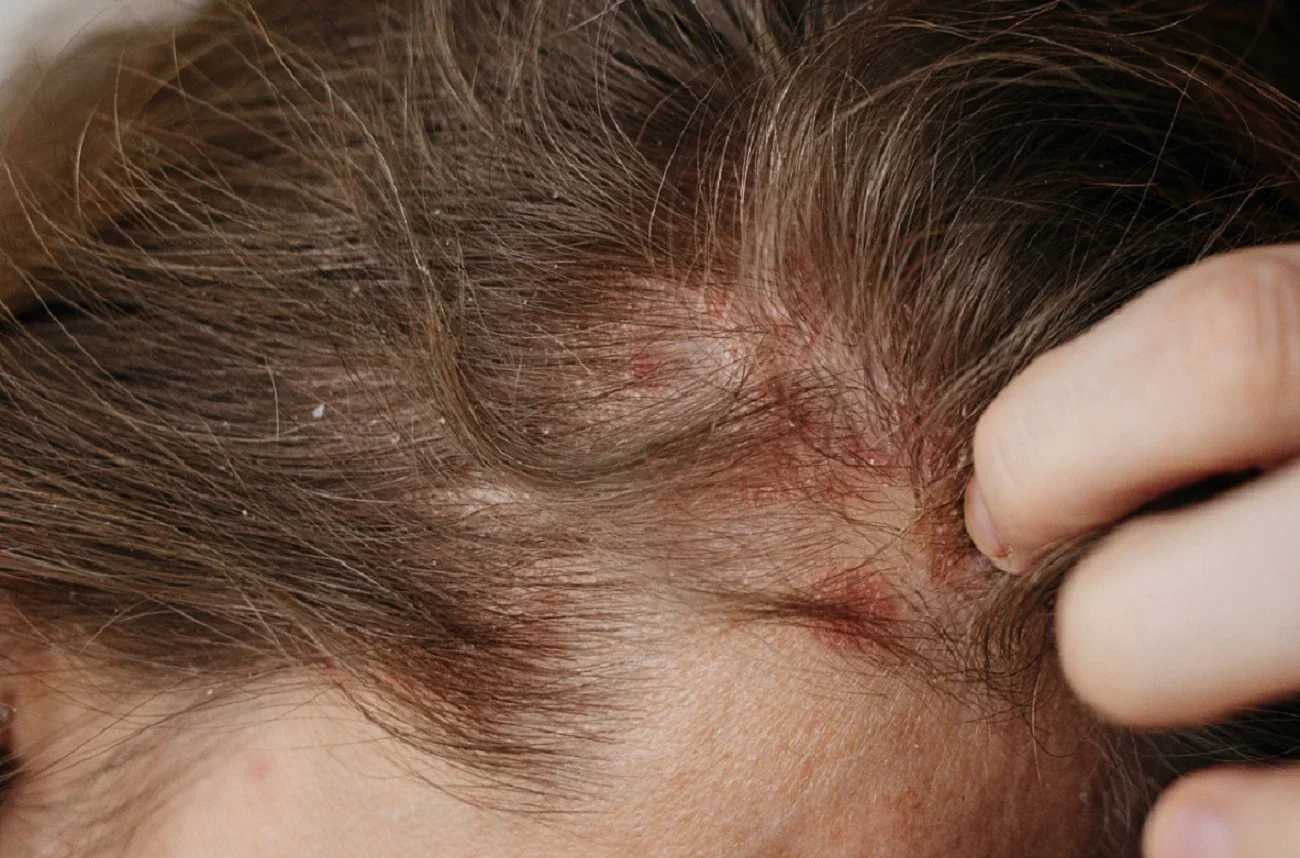
Introduction
Ever noticed your hair thinning and wondered if it could be linked to your eczema? You’re not alone. Eczema, a chronic skin condition, doesn’t just affect your skin — it can also impact your scalp and hair health. Understanding the connection between eczema and hair loss is crucial, especially if you’re looking for effective ways to manage it.
Let’s dive into the details and unravel whether baldness is truly a symptom of eczema and how you can tackle this issue head-on.
What is Eczema?
Definition of Eczema
Eczema, also known as atopic dermatitis, is a condition that causes your skin to become red, itchy, and inflamed. It’s common, affecting millions of people worldwide, and can appear anywhere on the body, including the scalp.
Types of Eczema
Did you know there are several types of eczema? These include:
- Atopic Dermatitis: The most common type, often starting in childhood.
- Contact Dermatitis: Triggered by irritants or allergens.
- Seborrheic Dermatitis: Typically affects oily areas, like the scalp.
Common Symptoms
Eczema symptoms can vary but often include:
- Dry, scaly skin
- Intense itching
- Redness and swelling
- Crusting or oozing in severe cases
What Causes Eczema?
Genetic Factors
Eczema often runs in families, suggesting a strong genetic link. If your parents or siblings have eczema, you might be more prone to it.
Environmental Triggers
Environmental factors like allergens, irritants, and weather changes can trigger eczema flare-ups.
Lifestyle Factors
Stress, poor diet, and lack of sleep can exacerbate eczema symptoms, making it harder to manage.
Understanding Hair Loss
How Hair Growth Works
Hair grows in cycles, including growth, resting, and shedding phases. Disruptions to this cycle can lead to noticeable hair loss.
Common Causes of Hair Loss
Hair loss can result from various factors, such as genetics, hormonal changes, medical conditions, or stress.
Can Eczema Cause Baldness?
Connection Between Eczema and Hair Loss
So, can eczema cause baldness? The short answer is yes, but it’s usually not permanent. Eczema on the scalp can disrupt hair growth by irritating hair follicles and causing inflammation.
Areas Most Affected
Scalp eczema, in particular, can lead to patches of hair thinning or loss, especially in areas where itching and scratching are most frequent.
Types of Hair Loss Associated with Eczema
Temporary Hair Loss
Hair loss from eczema is often temporary, resolving once the inflammation subsides.
Permanent Hair Loss
In rare cases, chronic eczema and repeated damage to the scalp can lead to scarring, which may result in permanent hair loss.
How Eczema Leads to Hair Loss
Inflammation of Hair Follicles
Inflammation weakens hair follicles, making it difficult for hair to grow.
Scratching and Damage to Scalp
Frequent scratching can damage the scalp, pull out hair and hinder regrowth.
Infection Complications
Open wounds from scratching can lead to infections, further impacting hair health.
Identifying Symptoms of Eczema-Related Hair Loss
Signs on the Scalp
Look for redness, flaking, or crusting on your scalp.
Changes in Hair Texture
Your hair might feel brittle or appear thinner.
Associated Symptoms
Other signs include itching, burning, and irritation on the scalp.
Who is Most at Risk?
Age and Gender Factors
Eczema-related hair loss can affect anyone but is more common in individuals with chronic scalp eczema.
Underlying Health Conditions
Conditions like asthma and hay fever, often linked to eczema, may increase the risk.
Treatment Options for Eczema-Related Hair Loss
Topical Treatments
Corticosteroids and medicated creams can reduce inflammation and itching.
Oral Medications
In severe cases, doctors may prescribe antihistamines or immune-modulating drugs.
Using Fragrance-Free Shampoo
Switching to a fragrance-free shampoo can soothe the scalp and reduce irritation.
Lifestyle Changes to Support Recovery
Diet and Nutrition
Eating anti-inflammatory foods, like fish and leafy greens, can help.
Stress Management
Try meditation or yoga to keep stress levels in check.
Avoiding Triggers
Identify and avoid personal eczema triggers, such as certain fabrics or products.
Preventing Eczema-Related Hair Loss
Regular Scalp Care
Keep your scalp moisturized and clean to prevent flare-ups.
Early Treatment
Addressing symptoms early can prevent complications, including hair loss.
When to See a Doctor
Persistent Symptoms
If your eczema doesn’t improve with at-home care, seek medical advice.
Worsening Hair Loss
Consult a dermatologist if you notice increasing baldness or scarring.
Myths About Eczema and Baldness
Common Misconceptions
Some believe eczema always causes permanent baldness, which isn’t true for most cases.
Setting the Record Straight
Eczema-related hair loss is often manageable with the right care and treatment.
Conclusion
Eczema can cause hair loss, but it’s usually not a life sentence for your locks. By understanding the connection and taking proactive steps, you can manage symptoms effectively and prevent further damage. Don’t hesitate to seek professional advice if your condition worsens. After all, your hair’s health is just as important as your skin’s.
FAQs
Can eczema cause baldness permanently?
In most cases, no. Permanent baldness only occurs if there’s significant scarring on the scalp.
How can I stop hair loss caused by eczema?
Use medicated treatments, keep your scalp moisturized, and avoid scratching.
Are there natural remedies for scalp eczema?
Yes, coconut oil, aloe vera, and oatmeal baths may help soothe the scalp.
Does scratching worsen eczema-related hair loss?
Absolutely. Scratching can damage hair follicles and lead to more hair loss.
Can children with eczema experience baldness?
Yes, but it’s often temporary and resolves with proper treatment.



Leave a Reply